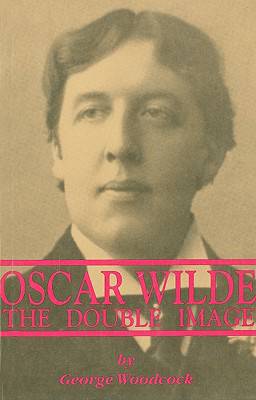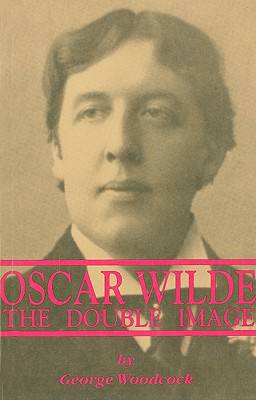
Bedankt voor het vertrouwen het afgelopen jaar! Om jou te bedanken bieden we GRATIS verzending (in België) aan op alles gedurende de hele maand januari.
- Afhalen na 1 uur in een winkel met voorraad
- In januari gratis thuislevering in België
- Ruim aanbod met 7 miljoen producten
Bedankt voor het vertrouwen het afgelopen jaar! Om jou te bedanken bieden we GRATIS verzending (in België) aan op alles gedurende de hele maand januari.
- Afhalen na 1 uur in een winkel met voorraad
- In januari gratis thuislevering in België
- Ruim aanbod met 7 miljoen producten
Zoeken
Omschrijving
Oscar Wilde was seemingly drawn to many paradoxes: paganism or Christianity, being a playboy or a prophet, and being an aesthetic clown or a creative critic. He was influenced by Walter Pater and the Epicureans, by John Ruskin's theories on art and his severe criticisms of the Industrial Revolution, and by the writings of Chuang Tzu, the ancient Chinese Taoist. Yet Wilde was also drawn to Jesus, bravely trying to fit him into his growing asymmetrical system. George Woodcock explores this double image of the celebrated personality and writer, attempting to resolve the contradictions. The Wilde/Queensberry scandal trial is not much discussed here, but the resultant works are: De Profundis, the letter to Lord Douglas, erstwhile lover and nemesis; The Ballad of Reading Gaol, that heartrending cry of pain from the universal prison. The paradox: this is the same man who wrote frothy plays like The Importance of Being Earnest and the manifesto The Soul of Man Under Socialism, which is included in this book. Socialists do not take this work seriously because they have difficulty envisioning a non-authoritarian society. Oscar Wilde could. He expressed an anarchist, individualist vision, thus coming close to unraveling his, and our own, paradox.
Specificaties
Betrokkenen
- Auteur(s):
- Uitgeverij:
Inhoud
- Aantal bladzijden:
- 328
- Taal:
- Engels
Eigenschappen
- Productcode (EAN):
- 9780921689423
- Verschijningsdatum:
- 1/07/1989
- Uitvoering:
- Paperback
- Formaat:
- Trade paperback (VS)
- Afmetingen:
- 137 mm x 213 mm
- Gewicht:
- 453 g

Alleen bij Standaard Boekhandel
+ 94 punten op je klantenkaart van Standaard Boekhandel
Beoordelingen
We publiceren alleen reviews die voldoen aan de voorwaarden voor reviews. Bekijk onze voorwaarden voor reviews.









